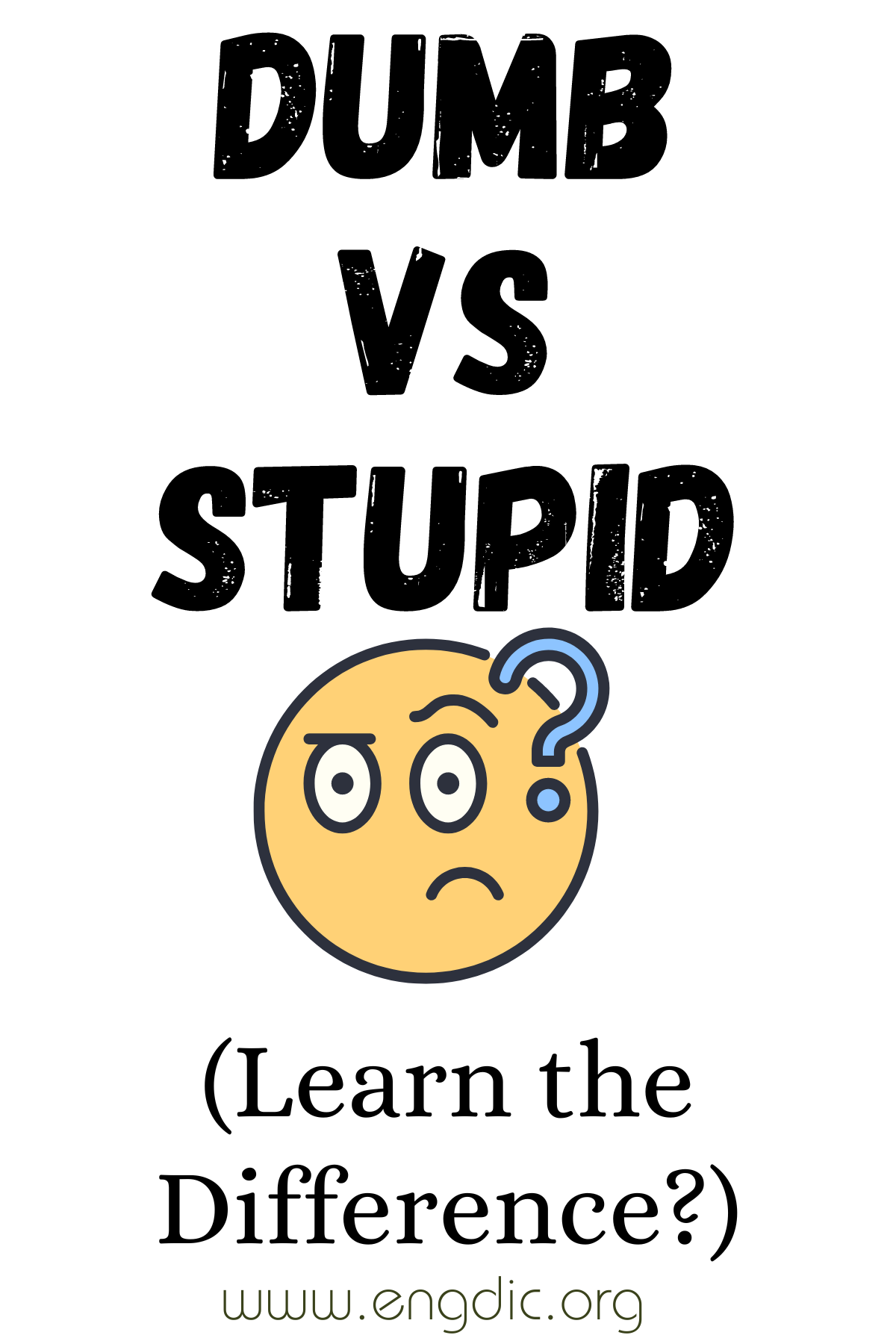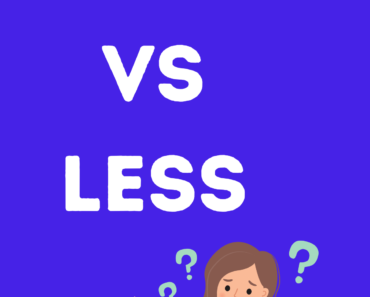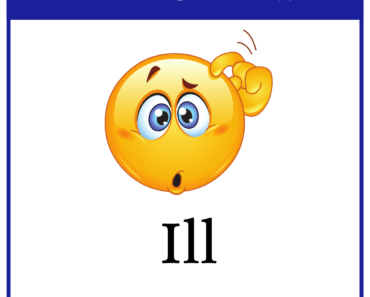Distinguishing between “dumb” and “stupid” can be challenging as they’re often used interchangeably, but there’s a nuanced difference.
“Dumb” typically refers to a lack of intelligence or the inability to speak, while “stupid” denotes a lack of good judgment or common sense. Understanding this disparity can lead to clearer communication and prevent misunderstandings.
Dumb:
Definition: Dumb refers to the inability to speak or a lack of intelligence.
Usage:
- Lack of Speech: He was born dumb, unable to vocalize words.
- Intelligence: Despite his efforts, he struggled with academic subjects and was labeled as dumb.
Examples:
- “She remained dumbfounded by the complexity of the problem.”
- “The mute protagonist communicated through gestures, as he was unable to speak.”
Stupid:
Definition: Stupid pertains to a lack of good judgment or common sense.
Usage:
- Poor Decision Making: It was stupid of him to invest all his savings in a risky venture.
- Lack of Awareness: He acted stupidly by ignoring the warning signs of danger.
Examples:
- “It was stupid to go hiking in the dark without proper equipment.”
- “Her decision to quit her job without another lined up was incredibly stupid.”







